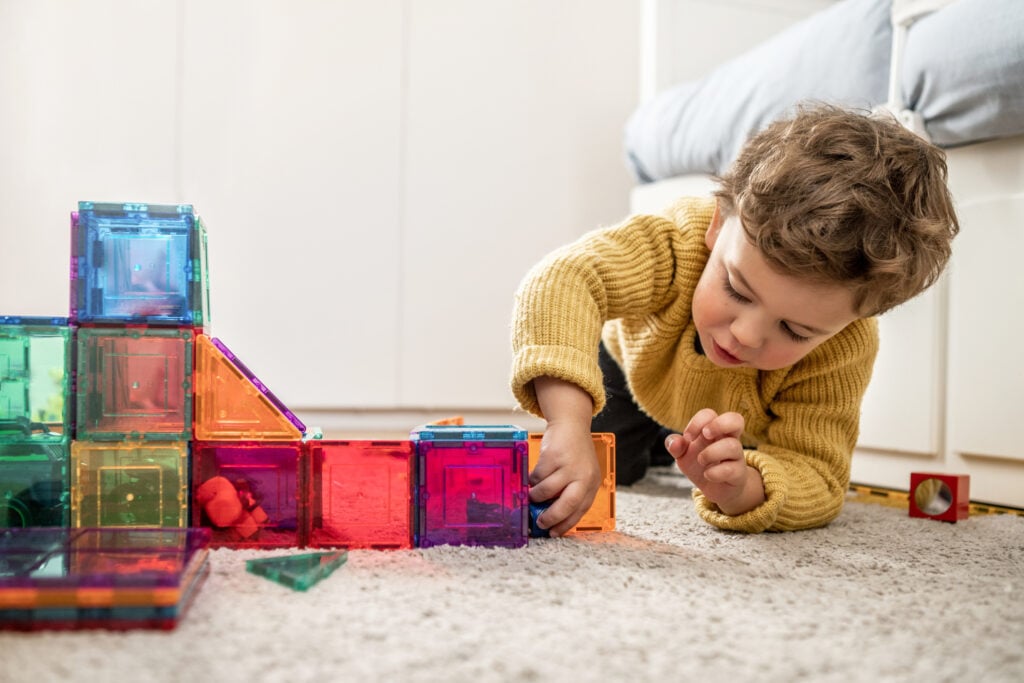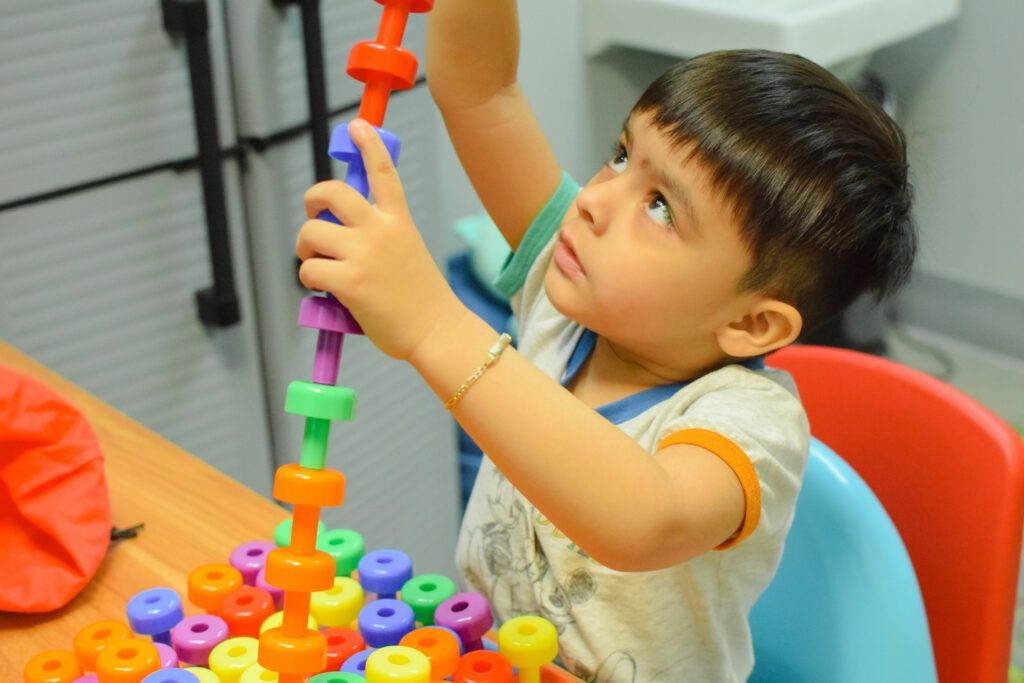As a parent, you want to see your child succeed in everything they do. But when everyday tasks like getting dressed, playing with toys, or concentrating in school become difficult, it’s natural to feel concerned. That’s where we come in.
At Little Hands at Play Therapy, our pediatric occupational therapy services are designed to help your child build the skills they need to navigate their world with confidence and independence. Our experienced occupational therapists are here to support children of all ages.
Whether your child is struggling with motor skills, sensory challenges, or daily activities, we work closely with you to develop a personalized plan that targets their unique needs. Together, we’ll help your child’s little hands reach big goals.




